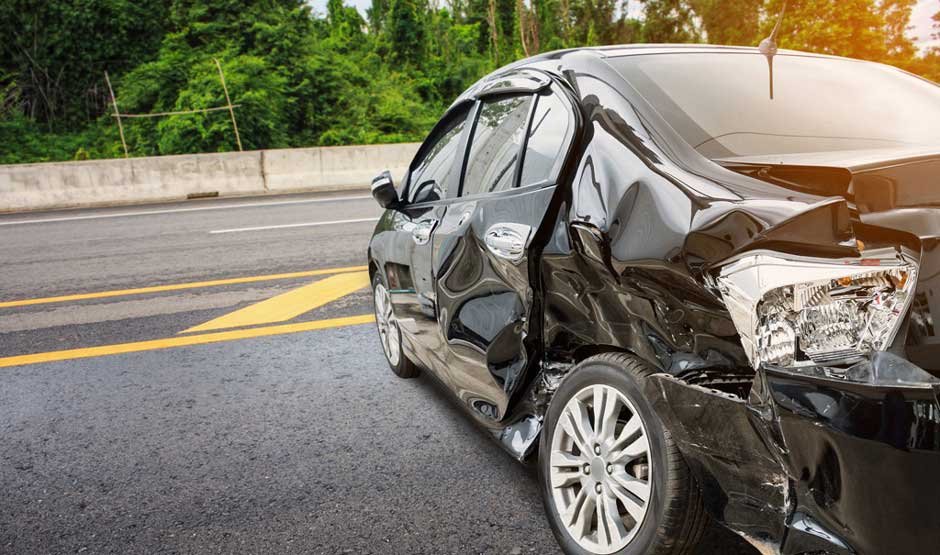Nowadays, personal vehicles have become more of a necessity than a luxury. While purchasing a newly painted vehicle is thrilling, buying a used car may appear to be a sensible alternative on a tight budget, but it has its drawbacks. It is unrealistic to expect a used automobile to be identical to a new vehicle, nonetheless, it should be checked for odometer fraud and vehicle history data.
A vehicle history report is required when purchasing a secondhand car since it not only provides the owner’s information but also the vehicle’s accident history. If you are worried about how and where to check the vehicle history report, FaxVIN is a reliable service.
How to Check the Accident History of a Vehicle?
Checking the vehicle history report of the car in question is relatively easy. You would only need the VIN code of the vehicle, and with the help of this, you can find the entire history of any vehicle. To begin, discover the VIN code on the vehicle’s body; next, run the unique number via any credible website that gives a complete history report of automobiles to obtain the vehicle history report of that car or bike, etc.
Besides that, even the NICB or National Insurance Crime Bureau can provide you with a detailed report on the vehicle for free, which would contain the theft history, accident history, and performance history.
What is a VIN code?
VIN or Vehicle Identification Number is a unique alphanumeric combination of 17 digits carved onto the body’s surface. Each vehicle has its unique VIN code, which cannot be altered, changed, or copied.
VIN code is like a digital footprint that contains all the details about the vehicle; its owner’s information, theft history, and accident history. Therefore, The VIN and the history of the car is in a word inseparable.
In those 17 digits, one can find:
- Ch 1: location of the manufacturer
- Ch 2-3: details of the manufacturer
- Ch 4-8: vehicle description, details of engine and body
- Ch 9: manufacturer security code
- Ch 10: Model No. of the car
- Ch 12-17: serial number of the vehicle
Now it’s easier to see how the VIN code is unique to each car, and it may be used to obtain genuine information about the vehicle.
Reasons for Caution
It’s said, ‘precaution is better than cure.’ While buying a used personal vehicle, one must know about the history of that vehicle. Usually, sellers hesitate to disclose the accident history of a car because it may decrease the value of that vehicle. Following an accident, it may have internal damage or limit engine performance, which may not be visible.
As a buyer, you have the right to know everything about the vehicle you’re buying. And, according to reports, many people identify traffic accidents, even robberies, as horrific situations, so they shun everything related to such incidents as a mark of evil. So, if you don’t want to acquire a hazardous or faulty vehicle for you and your family, always get a Vehicle Report on the used automobile you’re considering purchasing.

